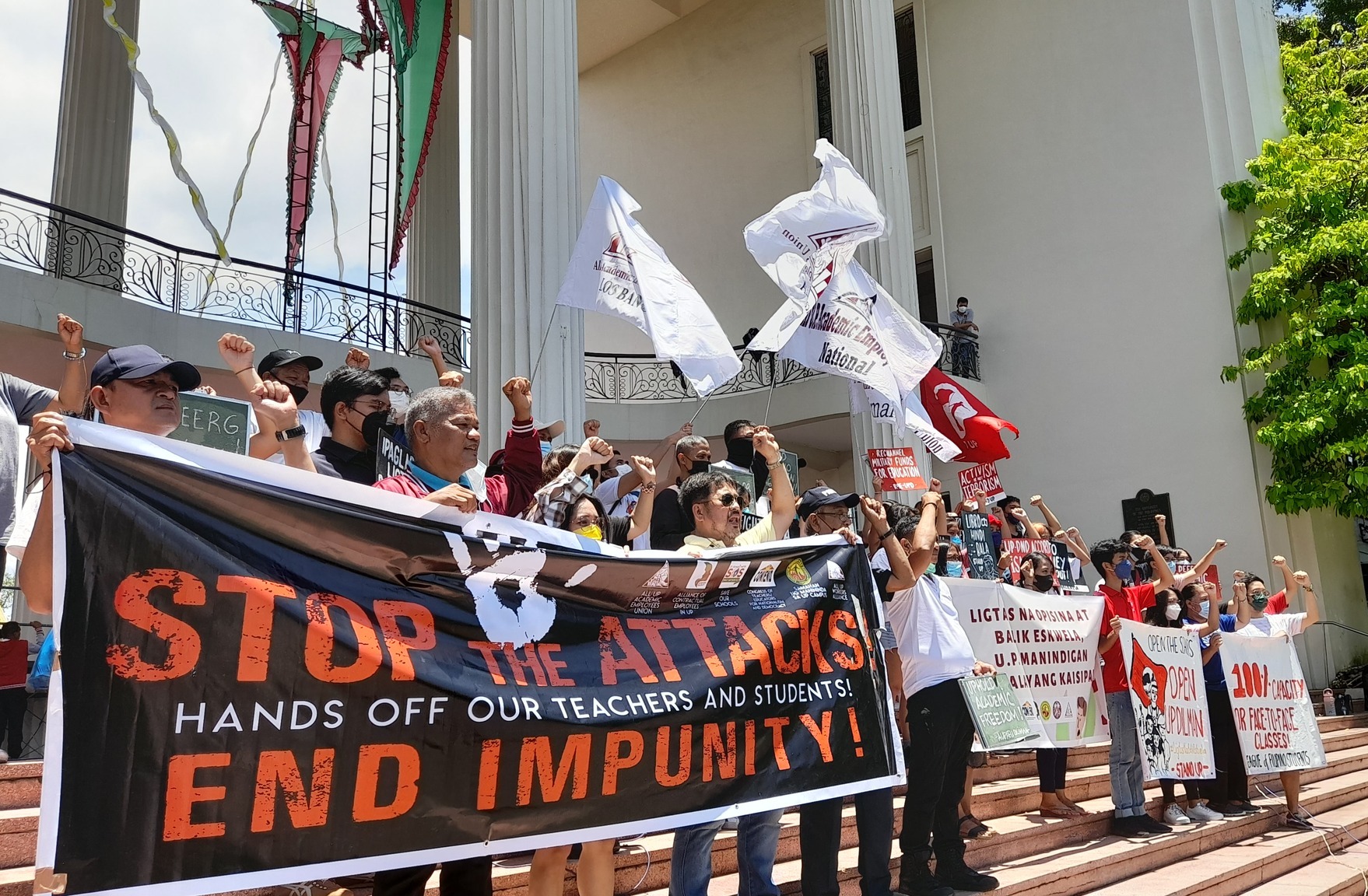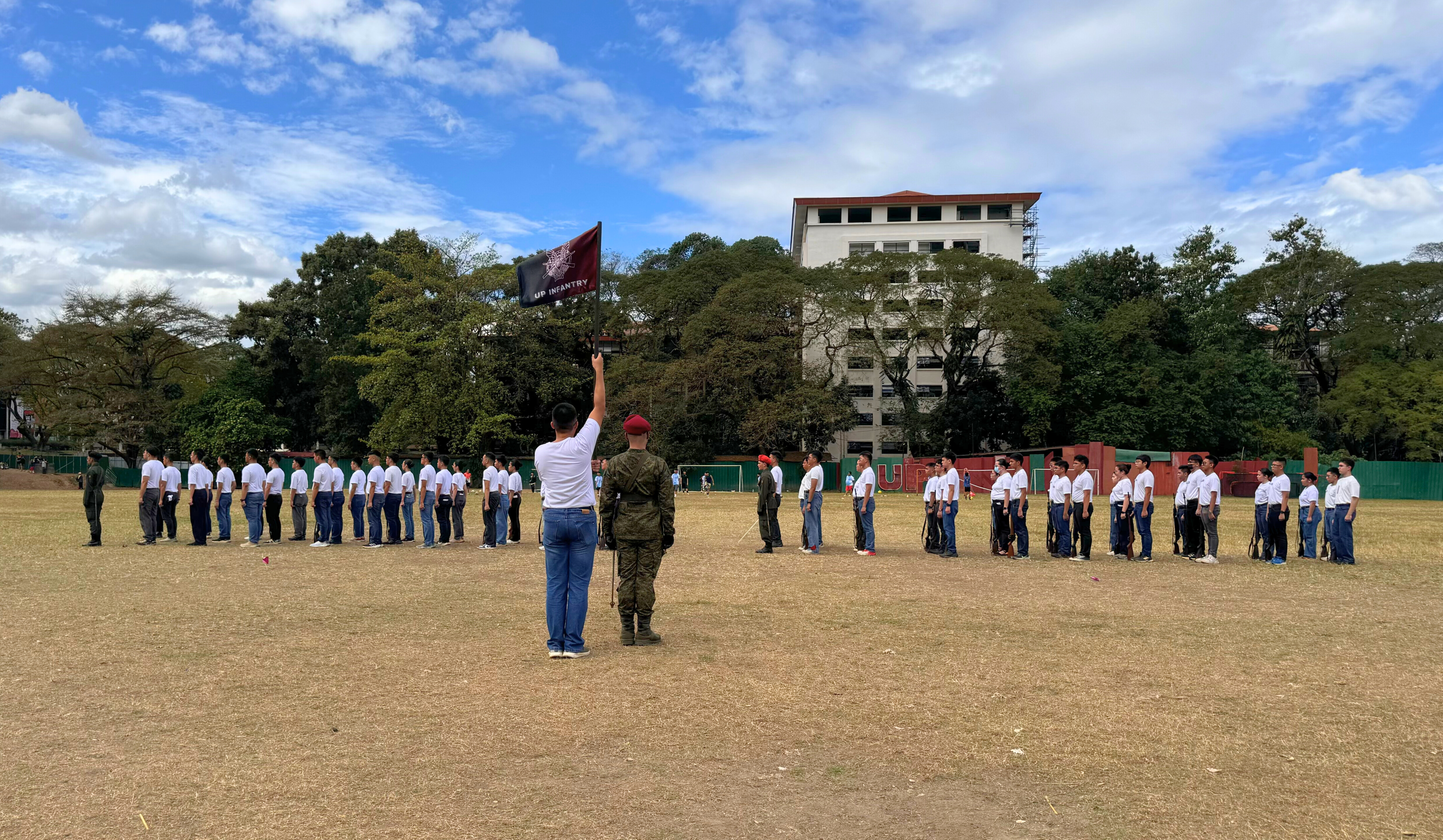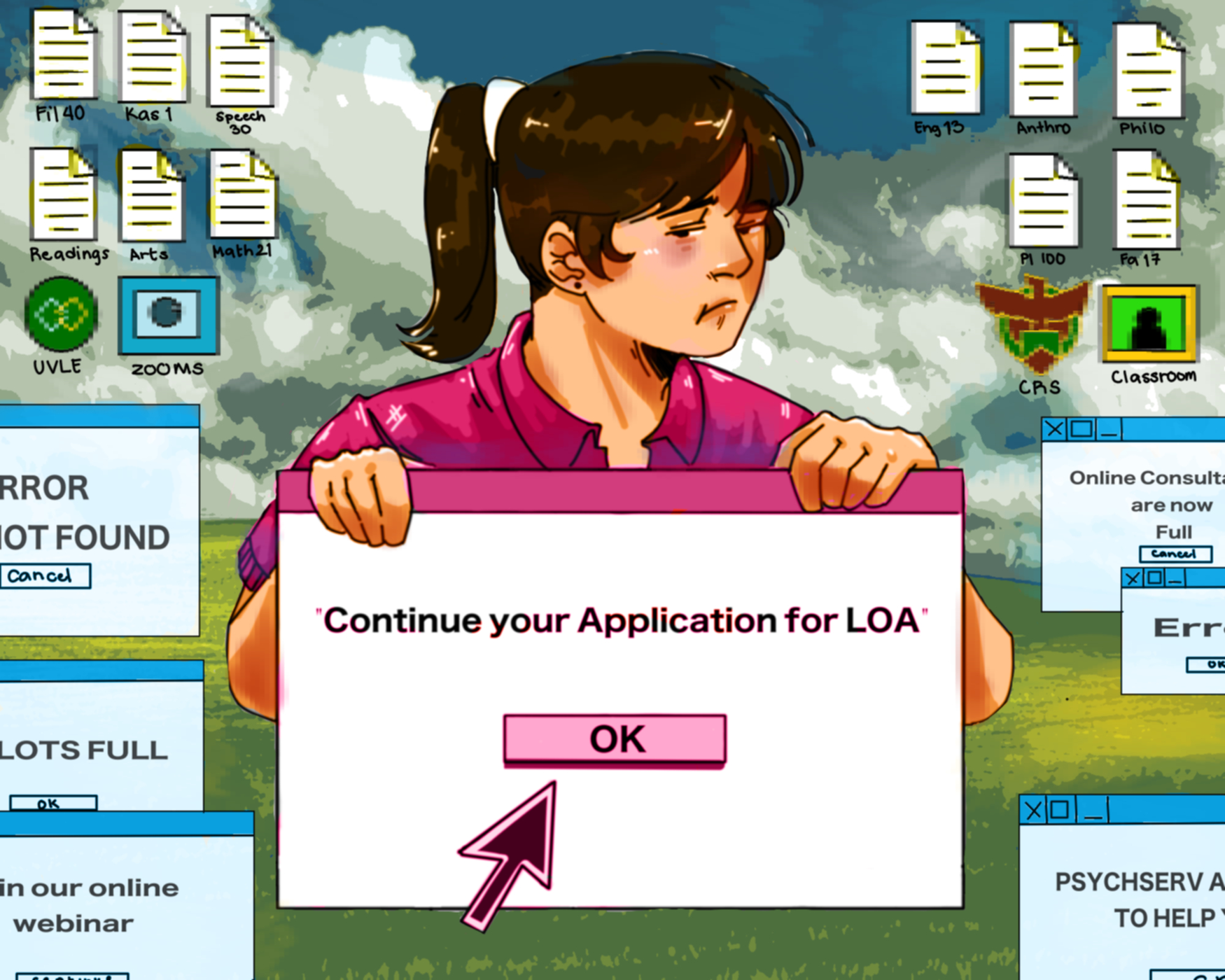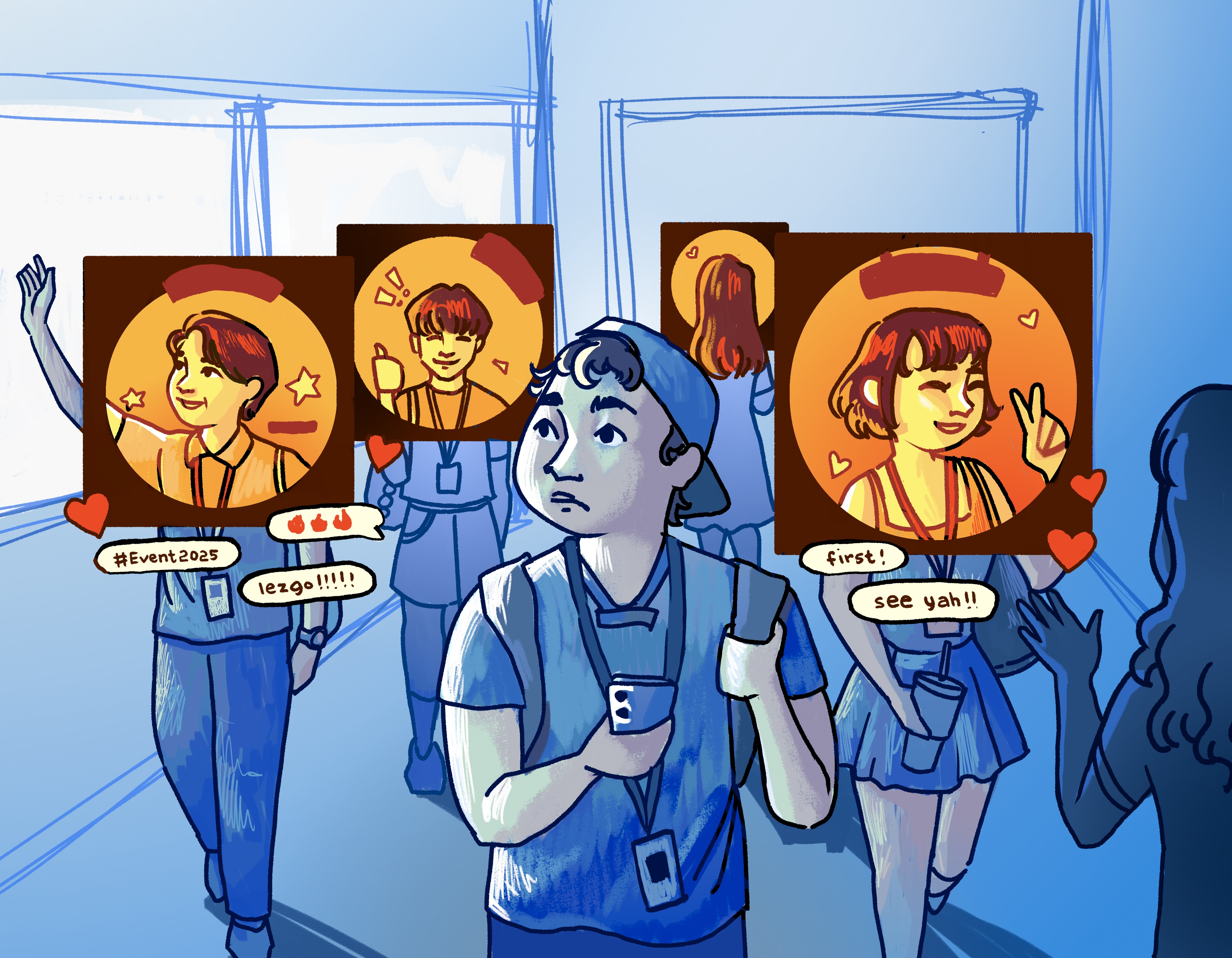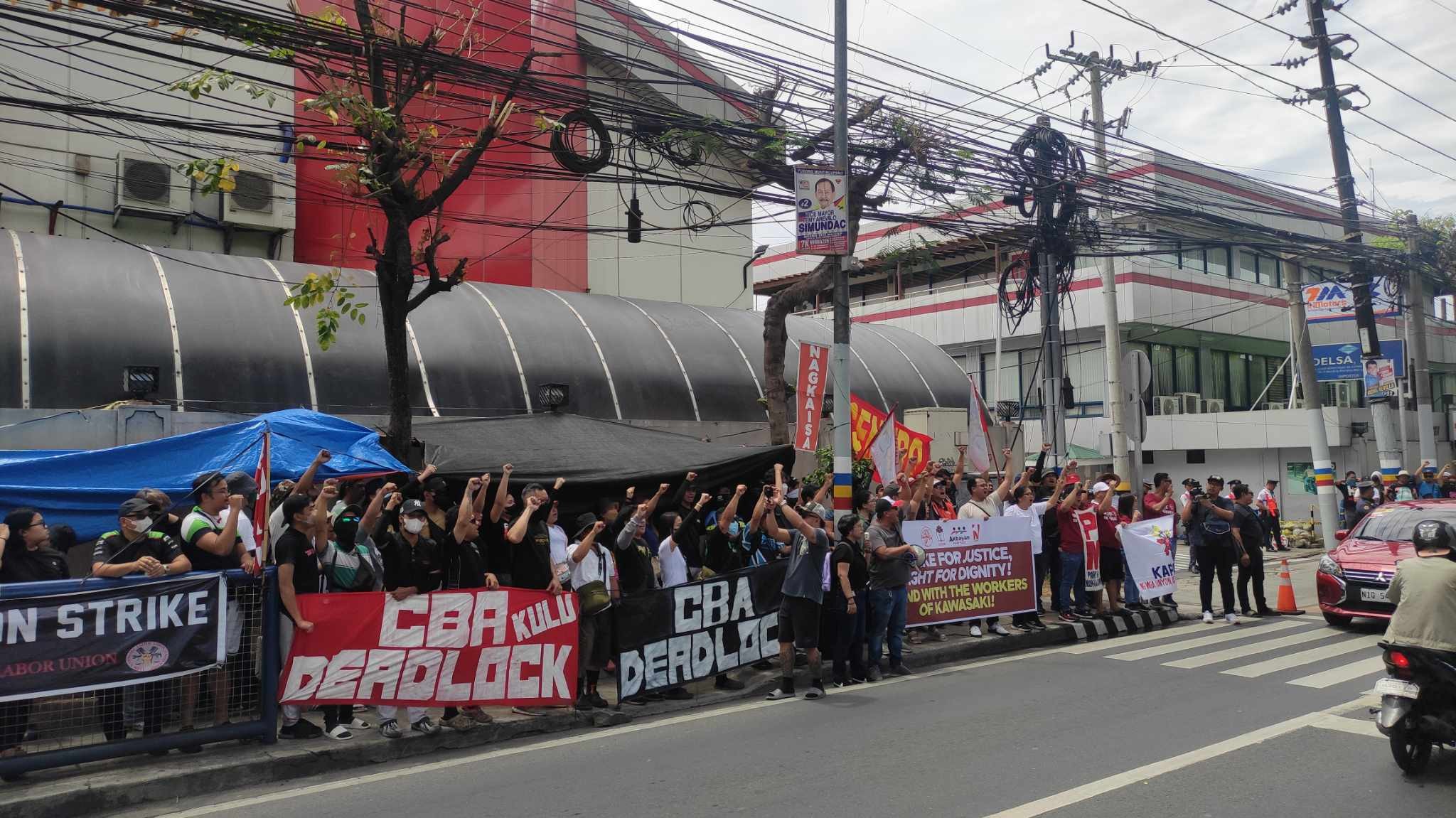As the educational system faces a crisis exacerbated by the pandemic, the election of new leaders brought hope that perhaps the state would finally hear the students' cries and take action to solve the problems. But in the first 100 days of Ferdinand Marcos Jr. and Sara Duterte as heads of the country, they have shown no hint of urgency to solve the problems of the education sector. Rather, they seemed more occupied in buffing their arsenal against the more critical youth of today.
The red-tagging of students has been an ongoing issue threatening innocent lives since ex-President Rodrigo Duterte’s term. With his daughter taking over as the Department of Education’s (DepEd) secretary, where she can shape the education the youth receives, these threats will be far from over. Just last September, student leaders from Saint Louis University and the University of the Philippines Baguio received a series of text messages from unknown senders threatening to harm them if they continue to criticize the new administration.
Rather than just being a recurring attack from the state, red-tagging is becoming worse and more dangerous under the new regime, said Reb Mejino, Publicity and Information Officer of Kabataan Party-list. “Lumala ang pagiging anti-democratic [ng edukasyon] … Never naging ganito kalala ang cases ng red-tagging na halos normal na ito. Magsabi ka lang ng ideya na kaiba sa ano ang dominant na opinyon sa lipunan natin ay irered-tag ka talaga.”
Now, it’s not only the repressive school administrators who would limit the activities and views of the students. Rather, the state is also shaping up to take an active role in restraining them, especially with Duterte in DepEd. Mejino expects that the attacks against the youth would worsen considering that Duterte is requesting that DepEd be given a P150-million intelligence fund to directly link national security to basic education.
Some teachers believe that Duterte’s position as DepEd secretary could be dangerous especially for those being tagged as enemies of the state. “Nakita naman natin na in the past year, yung mga tao ay likely to be identified or frequently identified doon sa mga grupo na tinatawag na terorista. Nauso yan sa nakalipas na administration, at nagpapatuloy hanggang ngayon,” said Benjo Basas, National Chairperson of Teachers Dignity Coalition.
For Besos, student councils and their constituents engaging in social issues should not be misconstrued as them being brainwashed. Students should be given the right to vent their grievances without fearing for their lives.
Still with six years ahead for the administration, students must brace themselves in their continuing fight for rights and academic freedom. “May hamon sa mga kabataan at estudyante na magkapit-bisig sa isa’t isa, lalo na sa iba pang mga grupo para mag-build ng united demands na ika-campaign natin. Through collective action at pressure na itutulak natin, maaaring meron tayong maipanalo rito,” said Mejino.
Basas tries to be optimistic, stating that they will continue to try engaging with the government to solve the education crisis. “Sa ngayon, humingi siya (Duterte) ng P100 billion na budget. Ibig sabihin, nakikita niya na may malaking problema, at sa tingin ko ay positive ito. Kasi kapag tiningnan na walang problema, walang magiging result,” he said.
Whether the Marcos-Duterte regime has the will to respond to the problems of the education sector will be brought to light in the coming months. But if the situation in schools continues as they are, the students and faculty are ready to mount a movement to forward their demands for a safe and quality education. ●
